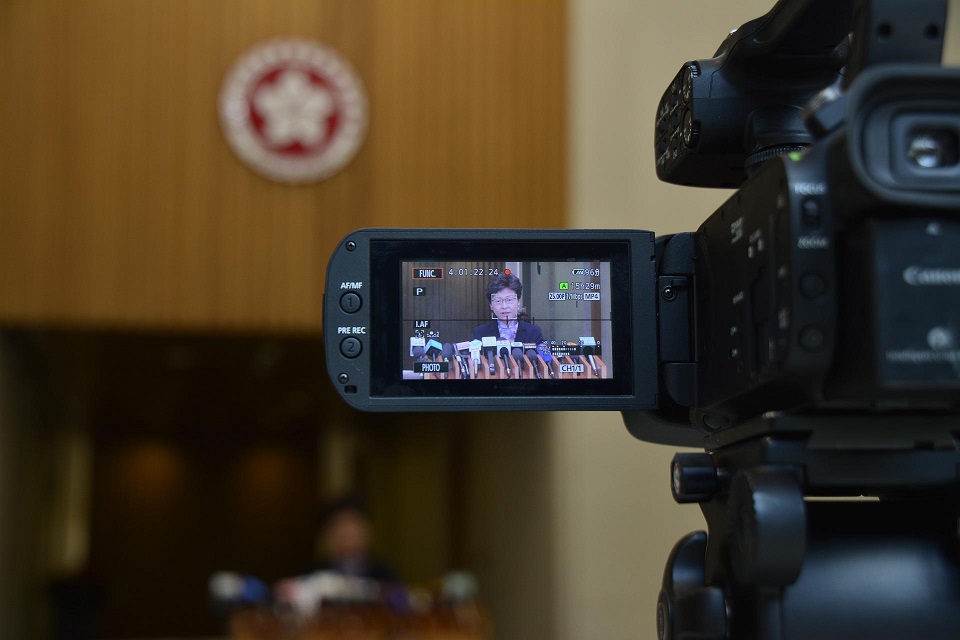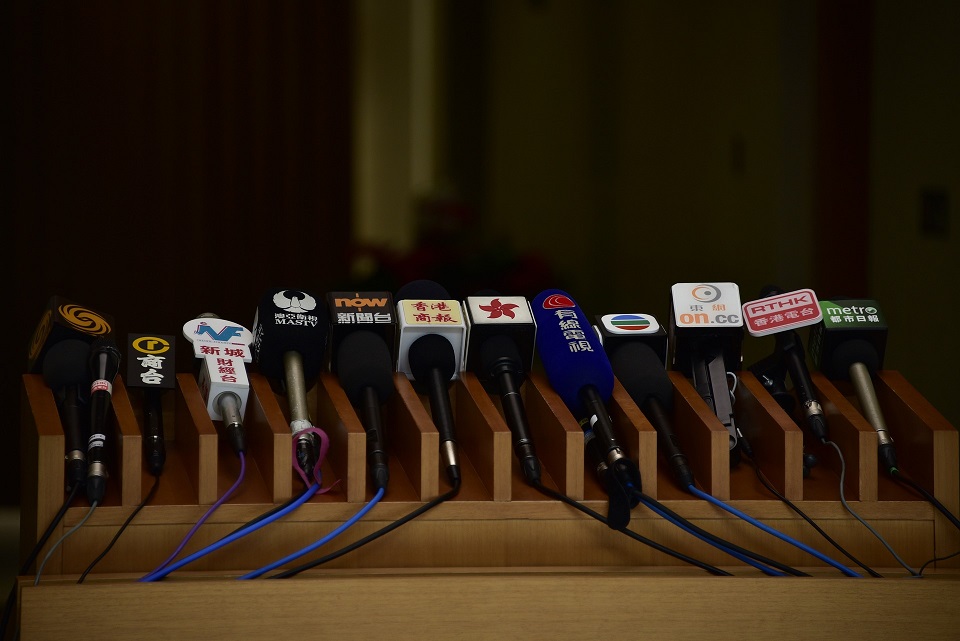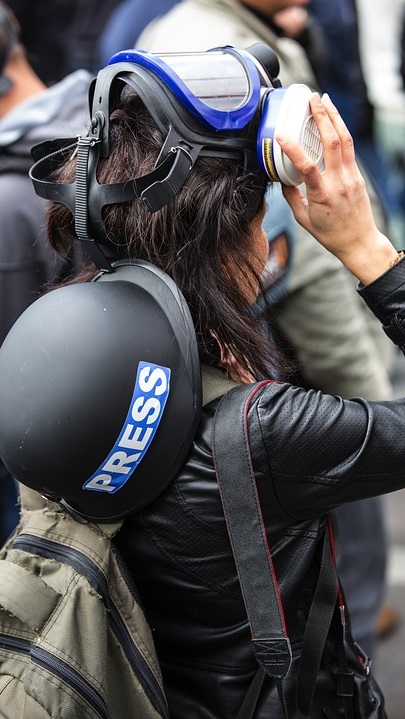Our team has noticed over the past year or so that when we cover global politics, particularly in relation to Turkey, Ukraine, and Russia, our coverage often elicits comments from self-proclaimed anti-imperialists.
Recently, some of this criticism has intensified in relation to articles we’ve put out about Imran Khan and Kurdistan. We’re no strangers to criticism, but we’ve noticed a pattern to comments that crop up repeatedly. We’d like to respond as a team to this pattern of criticism, and make our position clear.
People, not states
These claims centre around the apparent belief from a group of people that all our coverage of international politics should be doggedly anti-US with no exceptions. They believe such a position to be inherently anti-imperialist. The problem with this is that these anti-imperialists believe state actors like Putin and Erdoğan – vocal critics of US domination – should be supported in their efforts to dismantle US hegemony. This is in spite of the documented atrocities both have visited on ethnic minorities in their respective countries.
For example. one author has dedicated an entire article to claiming that the Canary is intentionally pushing “Anglo-American empire” propaganda with our coverage of both Khan and Turkey. On social media, we’ve been accused of taking “Qatari blood money” over this. The Canary has also been said to be “deliberately omitting” US imperialism from our Pakistan and Turkey coverage, and trying to shape a “US/West-friendly perspective”. We’ve also come in for repeated attacks, historically, for criticising Russia and its invasion of Ukraine.
 At the Canary, we believe this to be a deeply dangerous set of beliefs that harms the people caught up in geopolitical battles. We are not oblivious to the fact that other emerging powers wish to exert their influence in Pakistan, Ukraine, Turkey, and other areas. However, criticism of populist figures is not an open invitation to Western war hawks to charge into countries that have already been ruined – and also formed, in the case of Pakistan – by genocidal powers. Our politics has always been, and will always be, guided by a commitment to reporting on the people caught up in these battles, not the states that wage them.
At the Canary, we believe this to be a deeply dangerous set of beliefs that harms the people caught up in geopolitical battles. We are not oblivious to the fact that other emerging powers wish to exert their influence in Pakistan, Ukraine, Turkey, and other areas. However, criticism of populist figures is not an open invitation to Western war hawks to charge into countries that have already been ruined – and also formed, in the case of Pakistan – by genocidal powers. Our politics has always been, and will always be, guided by a commitment to reporting on the people caught up in these battles, not the states that wage them.
We’ll now respond more specifically to two instances where recent reporting has been criticised by so-called ‘anti-imperialists’.
Kurdish revolution
We’re proud to support Kurdish people in their struggle for freedom, and we have a long history of doing so. Critics have claimed that supporting the revolution is tantamount to supporting the US. They say this is because the Kurds’ tactical coordination with the US in the struggle to defeat Daesh amounts to a “US-backed illegal occupation.” To call the autonomous administration an ‘occupation’ is a mind-bendingly warped take on the reality of revolutionary struggles in North and East Syria.
 What would critics have done if they had been living in Kobanî during the Daesh siege? Would they have watched their community die, rather than accept the limited US support on offer? Military coordination with the US has been a survival tactic for the revolutionary forces of North and East Syria. The movement knows that US imperialism is opposed to their revolution, and only supports them militarily when it aligns with US interests. The coordination with the US remains a contradiction for Rojava’s radicals, but one they are all too aware of. One of the impressive things about the Kurdish Freedom Movement is its ability to remain true to its revolutionary spirit while sitting with the contradictions that arise from the practical reality of the struggle.
What would critics have done if they had been living in Kobanî during the Daesh siege? Would they have watched their community die, rather than accept the limited US support on offer? Military coordination with the US has been a survival tactic for the revolutionary forces of North and East Syria. The movement knows that US imperialism is opposed to their revolution, and only supports them militarily when it aligns with US interests. The coordination with the US remains a contradiction for Rojava’s radicals, but one they are all too aware of. One of the impressive things about the Kurdish Freedom Movement is its ability to remain true to its revolutionary spirit while sitting with the contradictions that arise from the practical reality of the struggle.
It is a grim reality that our critics – who claim they are steadfastly against US imperialism – ignore the bloody authoritarianism, colonialism, imperialism, and racism of Putin, Assad, Erdoğan, and the rest. It cannot be acceptable to align one’s politics with blood-soaked dictators at any cost – particularly when that cost is ignoring the struggles of oppressed communities fighting for their survival.
As radicals, we need to be allies to people struggling for freedom globally, not to states. We need to remember the spirit of revolutionary internationalism, and to do what we can to materially support our comrades who are fighting against imperialism around the world.
 Racial literacy
Racial literacy
We have also received criticism of our coverage of Khan’s arrest in Pakistan. This criticism is from the same purported ‘anti-imperialist’ crowd mentioned above, who argue that by criticising Khan (who has nominally opposed US influence) we’re implicitly advocating for US influence and control in the region. Criticism in itself is not our issue, but such bad-faith analysis rankles.
If commenters cannot understand why articles written by Pakistani people living in Pakistan, and edited by Pakistani editors, are critical of Imran Khan beyond ‘you want to prop up Western neo-imperialism’, then we cannot help you.
Some criticism has also claimed that, in spite of writers and editors working from what they know and experience, our education in the West invalidates our reporting on Pakistan. We would argue that colonisers devalued or outright eradicated native centres of learning and processes of knowledge production. Colonisers created a hegemony of Western languages and epistemology, forcing Black and Brown people to speak their language and study in their systems in order to be heard.
 As a result, Black and Brown people had to become proficient with the colonisers’ tools in order to advocate for our humanity. So we jumped through all the hoops, only to be told by ‘anti-imperialists’ that their education makes us too privileged to speak for our own people.
As a result, Black and Brown people had to become proficient with the colonisers’ tools in order to advocate for our humanity. So we jumped through all the hoops, only to be told by ‘anti-imperialists’ that their education makes us too privileged to speak for our own people.
Accusing us of lacking anti-imperialism is laughable, but more than that, it is dripping in colonial racism.
The Canary is one of few politics-focused media outlets in the UK where people of colour make up the majority of its editorial team. The people of colour who work and write at the Canary routinely risk their safety and wellbeing in confronting and demonstrating the violence of settler colonial states like the UK and the US. It is not by being ‘pro-intervention’ that they ended up on no-fly lists and Prevent’s radar.
Internationalist solidarity
We will not allow such criticism to go unchecked, because it is exactly the kind of bad-faith reading which seeks to dismiss valid critique with misinformed and baseless accusations.
At best, such analysis of our coverage is purposely obtuse. At worst, it’s blatantly racist, diminishing the right of people from the Global South to tell their own stories and be an authority on their own struggles. It disregards the working class and multiply-marginalised people caught up in these struggles across the world. Instead, it originates only from the contrarian interests of people untouched by colonialism and racism.
*Article originally published in The Canary.
(Photos: Pixabay)

 The Canary*
The Canary*










.jpg)












